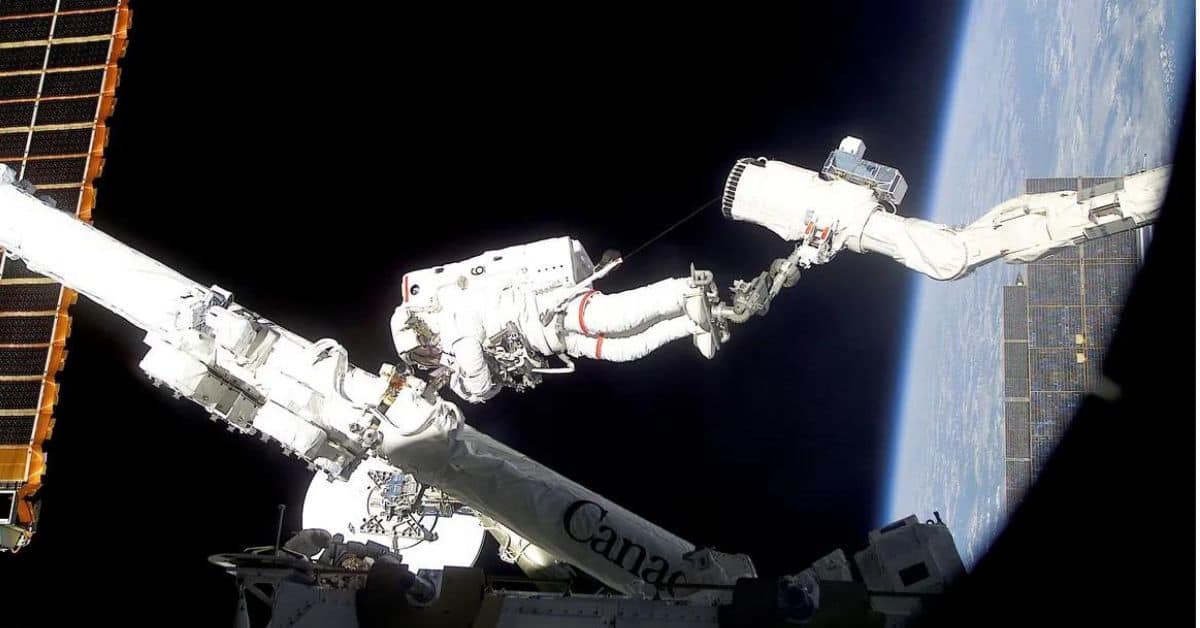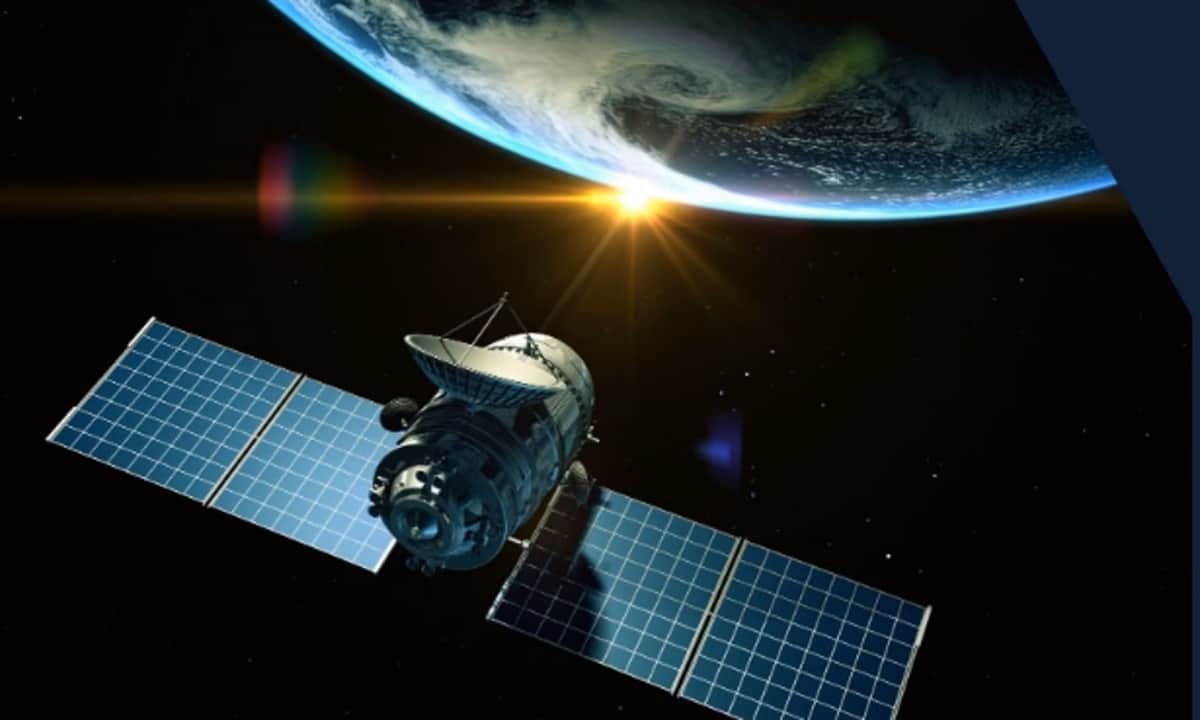RIYADH, SAUDI ARABIA — Saudi Arabia is preparing to contribute to an ambitious British project that aims to invest in space solar energy, creating a one-of-a-kind global experience.
Despite apprehensions about the project’s feasibility, which appears to be a fantasy, those in charge are very optimistic about the project’s plans to attract solar energy from Earth’s orbit and send it to unique stations using highly accurate electromagnetic waves.
Saudi-British cooperation
According to the British newspaper The Times, Saudi Arabia is continuing discussions with the UK to study the feasibility of investing solar energy generated in space to Earth.
The newspaper revealed that the British Business Secretary, Grant Shapps, recently met with Saudi Minister of Communications, Abdullah Al-Sawaha, and discussed Riyadh’s provision of future funding for the United Kingdom’s space solar energy project.

Shapps believes this step is a prelude to many opportunities for British companies to thrive and export their expertise in renewable energy, including space solar energy.
Saudi Arabia hopes to take advantage of the matter in the kingdom’s “The Line” city project, which is carbon-free, and to be entirely powered by clean electricity.
The project’s concept
The project, which is being carried out by the British company “Space Solar Ltd,” revolves around the deployment of a large number of solar panels in Earth’s orbit, which are controlled by special robots and convert electricity into high-frequency radio waves that are transmitted to the Earth’s surface.
The entire satellite panels are more than a kilometer wide and weigh 2,000 tons, according to the Daily Mail report. They send their waves towards the Earth, where they are received by a large network-like antenna installed between the poles and converted into electrical energy.
The goal of placing solar panels on a satellite is to capture sunlight during the night and in all weather conditions.
The concept of collecting electricity from solar panels in space and returning it to Earth has been around for more than a century, and countries are racing to make it a reality on the ground.
According to a feasibility study supervised by the British government, the project’s cost is likely to be exorbitant, exceeding tens of billions of dollars, amid expectations that the space solar energy project will be completed by 2040.
Big boom
Saudi Arabia hopes to enhance non-oil investments by funding the British project to produce space solar energy. In addition, it seeks to diversify energy sources, maximize their positive economic impact through Vision 2030 and support clean energy, including solar energy.
Saudi Arabia launched the “Solar Energy Plan 2030 Project” to produce 200 gigatons of solar energy by 2030. The kingdom’s funding of the British project will help strengthen national expertise in this field.
This project will contribute to a faster global transition to clean energy, as a study by the British University of Oxford predicted that the transition would save more than US$ 12 trillion by 2050, and the kingdom’s contribution will strengthen its global position in this field.
Renewable energy
Space solar energy is considered one of the most environmentally friendly energy technologies, and it is expected that these technologies will meet more than 100 percent of the world’s energy needs by 2050.
According to the Saudi newspaper Al-Taqa, the Frazer-Nash company, the power plant in space powered by solar energy will have a relatively small environmental impact as the company expects its ground infrastructure to occupy only 8 percent of the area of a traditional wind farm for the same production.
Frazer-Nash, confirms that the station will be relatively safe. The peak beam of radio waves will be a quarter of the intensity of the midday sun, providing coded upward guidance and precise orientation of the solar panels.
According to the company, the cost of producing space solar energy is about a third of the cost of producing nuclear energy and less than that of producing wind and ground solar energy.
Saudi initiatives
Saudi Arabia has been making significant efforts in renewable energy for many years. The kingdom announced in November the construction of the largest solar energy plant in the Middle East and North Africa, with a capacity of 2,060 megawatts, in Shuaiba, Makkah Al-Mukarramah. The project is expected to be completed by the end of 2025.
Furthermore, in September, Saudi Arabia launched five new renewable energy projects with a total capacity of 3,300 megawatts.
For his part, Saudi Energy Minister Prince Abdulaziz bin Salman stated that his country is working on developing new and alternative energy sources, such as renewable energy, clean hydrogen, and civil nuclear energy programs.
He mentioned the kingdom’s efforts to achieve global leadership in producing clean energy through the framework of the circular carbon economy, owing to the worldwide shift toward sustainability, particularly in the energy and mining sectors. He also stated that the kingdom’s renewable energy program is the most ambitious in the world, with many accomplishments in solar and wind energy, as Saudi Arabia strives to achieve an optimal mix of renewable energy comprising 50 percent by 2030.








